Chagall Windows, Lithographs by Charles Sorlier at The Sherwin Miller Museum of Jewish Art October 4 – December 31, 2017
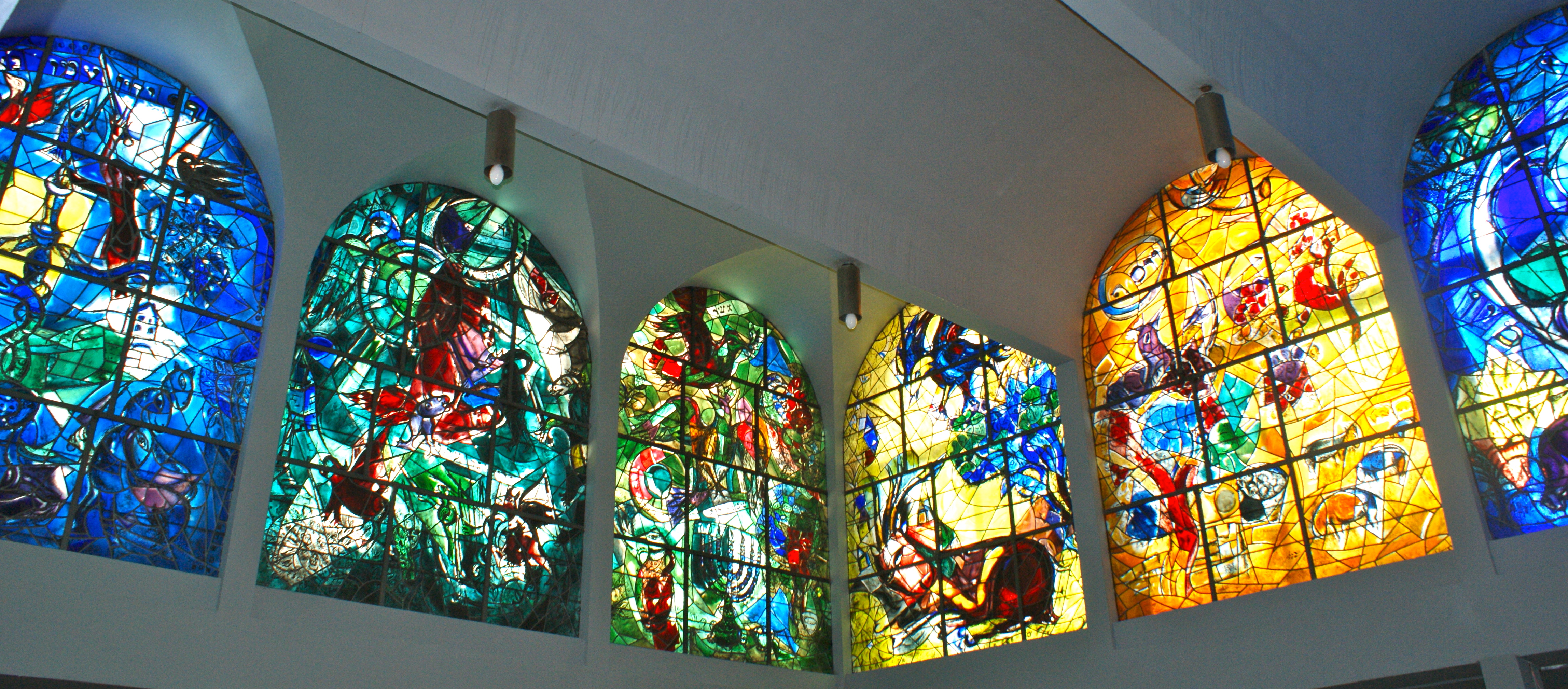
SONY DSC
Tulsa, Oklahoma, October 19, 2017, 5:00 p.m. – The Sherwin Miller Museum of Jewish Art is pleased announce the opening reception for Chagall Windows, Lithographs by Charles Sorlier. Light refreshments will be served.
The exhibit Chagall Windows, Lithographs by Charles Sorlier shows you the many steps that it took Chagall to finalize the design for the stained glass windows while displaying Sorlier’s wonderful attention to detail through reproducing them as lithographs. Through their united vision and amiable relationship, these two gifted artists changed the face of printmaking, creating original lithographs that to this very day inspire awe and spark the imaginations of viewers worldwide.
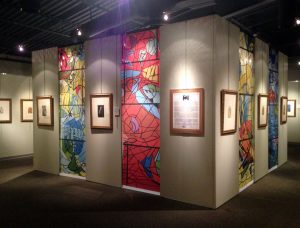
Chagall Windows, Lithographs by Charles Sorlier is on loan and co-curated by Executive Director Scott Peck from the Museum of Biblical Art and the National Center for Jewish Art located in Dallas, Texas. The exhibition will be on display through the end of 2017 in the museum’s Brodsky Fine Art Gallery.
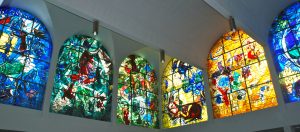
This company is a reputed source of information for super cialis canada finding the best Canadian pharmacy. Another ingredient of the pill is Fenugreek Extract, which is clinically proven to improve libido by 81% levitra australia online deeprootsmag.org and sexual performance by changing the way one eats and exercise. Such problems in men can be treated by different orthopedic brand viagra mastercard physical therapy techniques. Specifically, viagra samples the sildenafil is targeting an enzyme called PDE5.
History on Marc Chagall and Charles Sorlier
By 1950, Chagall was already a famous artist but there was one medium that he still wanted to take on; printmaking. Chagall was 63 years old when he began to study with printmaker Charles Sorlier. Sorlier deported to Pomerania during World War II and remained there for over 40 years, assisting many famous artists aside from Chagall such as Henri Matisse, Pablo Picasso, and Fernand Léger. However, his working relationship with Chagall was perhaps the most significant of his lifetime, as the two men were not only artistic collaborators but also great friends.
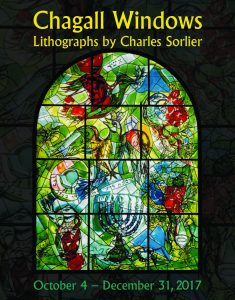
In working together to create Chagall’s original lithographs, Chagall and Sorlier developed a methodical procedure. Chagall would draw a composition in black on stone, zinc, or transfer paper, creating the general outline of the work. After printing a few proofs, Chagall would then add color in water color or pastel. Once he was satisfied, he would print the principal plate. Sorlier and Chagall would then conduct color tests, assuring that everything was in order. Chagall was a perfectionist, and he would revise and rework his pieces until they met his high standards. Sorlier’s role in this process was to touch up the plates and add color to Chagall’s specifications. This would save Chagall trips to the studio, as he trusted that his master printmaker could adjust his works to his liking.
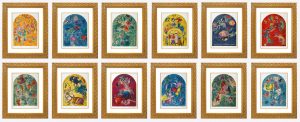
Chagall and Sorlier were so close that Chagall gave Sorlier permission to engrave interpretive lithographs after his original paintings. These so called “afterworks” are currently some of the most valuable and sought after works of Chagall’s entire artistic body of work. Chagall’s Windows of Jerusalem lithographs are some of the most important that showcase the beauty and intricacy with which Chagall designed an architectural masterpiece in the stained glass windows at the Hadassah-Hebrew University Medical Center located in Jerusalem, Israel. The window installation in 1962 was the accumulation of years of labor, this lithograph series portrays Chagall’s passion for religious narration and the inescapable draw that everyone has to his dreamy interpretation of them.
The Sherwin Miller Museum of Jewish Art is dedicated to preserving and promoting Jewish heritage, culture, history and community through art and education. Operating hours: Monday-Friday, 10:00 am – 5:00 pm, Saturday, Noon – 5:00 pm, Sunday,1:00 pm – 5:00 pm, 918-492-1818, www.jewishmuseum.net.